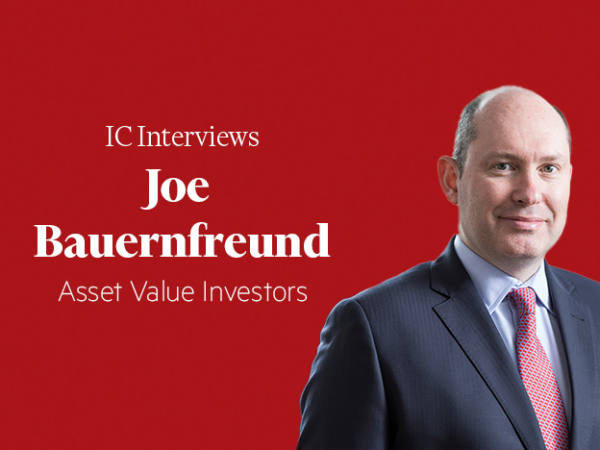Professor John Kay has held a host of the UK’s leading economic advisory and academic positions. In early 2020, he published an incredibly prescient book alongside Lord Mervyn King which lays out the dangers of economic modelling when attempting to deal with crises. Reassuringly, Radical Uncertainty: Decision making for an unknowable future, shows that we can make good decisions, even in a very unreliable world.
In this interview, Mary McDougall talks to Professor Kay about how he came to write his book, how its conclusions can be applied to the threats facing the world at the moment and whether or not he did indeed read all the sources in the book’s 39-page bibliography!
Professor Kay also divulges his vast knowledge on the UK’s equity markets, building a pension, fighting climate change and what ESG should really be all about.
Find out more about Professor Kay's extraordinarily timed book (Radical Uncertainty: Decision-making for an unknowable future was published in March) in Mary's recent article.
Looking for more?
The IC has written a host of content on many of the topics discussed by Mary and John. Subscribe today to gain fulll access to all the stories below.
In this award-winning article, Algy Hall explains how to become a genuinely responsible investor. "A central difficulty for investors wanting to assess the impact of ESG on the performance of companies is that while the costs associated with ESG-related projects are fairly easy to quantify, the most profound benefits are often not."
Click here to read 'Green is good'
Murky outlook statements from some of the bosses of big US tech businesses has thrown into question the sunny outlook. As Megan Boxall explains, "For all of them, the problem is the same: if three months of global lockdown is the pinnacle of demand for tech services, what comes next?"
Click here to read 'Borrowed growth'









